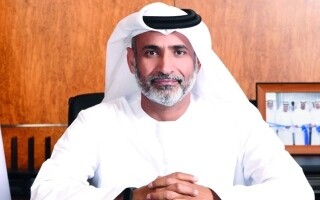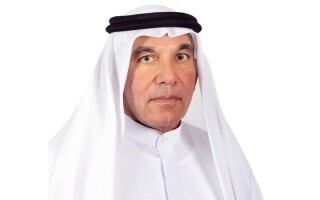
The manager of the general issues of civil aviation Saif Al-Suwaydi stated that the total investment in the civil aviation sector in the UAE currently exceeds 1 trillion dirhams. After the completion of the construction of the International Airport Al-Maktoom, he expects that the total amount of investments will be around 1.3 trillion dirhams.
In his speech at the Fourth ICAO World Forum on Supporting the Realization and Sustainable Global Aviation Market, Saif Al-Suwaydi noted that airports in the UAE this year are expected to accommodate about 159 million passengers, which is 7.6% more than in 2024, when the number of passengers was 147.8 million.
The main challenge for the aviation sector in the country is the ability to satisfy significant demand for its services, Al-Suwaydi said. He emphasized that the completion of the construction of the International Airport Al-Maktoom will support the dynamic growth of the aviation sector in the country and after its completion, it will provide a significant advantage for coping with the impending larger growth.
The manager pointed out the successes of the UAE in the aviation sector, especially for 2024, backed by international reputation, and the industry's earnings due to the high service level and high security levels. He added that these successes did not simply happen; they were achieved thanks to continuous planning and intensive investment in infrastructure, allowing the UAE to achieve incremental growth in passenger and cargo transportation.
Al-Suwaydi emphasized that all UAE airlines plan to increase the number of employees this year, considering various needs and operations, as well as due to new aircraft that they receive. There are also plans to hire personnel in the airports of the country and in the aviation sector.
He noted that growth in the aviation sector will be closely related to similar growth in demand for employees and resources for work in the sector. Various specializations in the aviation sector have a different percentage of civic population, with civilians making up 40% of the total workforce in this sector.
"The main challenge in localization is that the growth of demand for jobs cannot satisfy the number of citizens," noted Saif Al-Suwaydi. He confirmed the commitment to increasing the share of citizens in the aviation sector through various initiatives, including informing youth in schools and universities about job opportunities in aviation, as well as opening magnet programs on legal and aviation sciences in partnership with universities such as Sharjah.
Al-Suwaydi also stressed that the conference included more than 35 discussion sessions over three days, including sessions at the ministerial level, and emphasized the importance of the UAE's contribution to the future of international aviation. He noted that many problems and deficiencies exist globally in providing human resources capable of managing the aviation sector and maintaining high safety levels, especially considering that growth in the aviation sector does not correspond with growth in training in educational institutions, academies, and training, as well as there being a significant gap between the quality of preparing human resources and the needs of the labor market in aviation.














